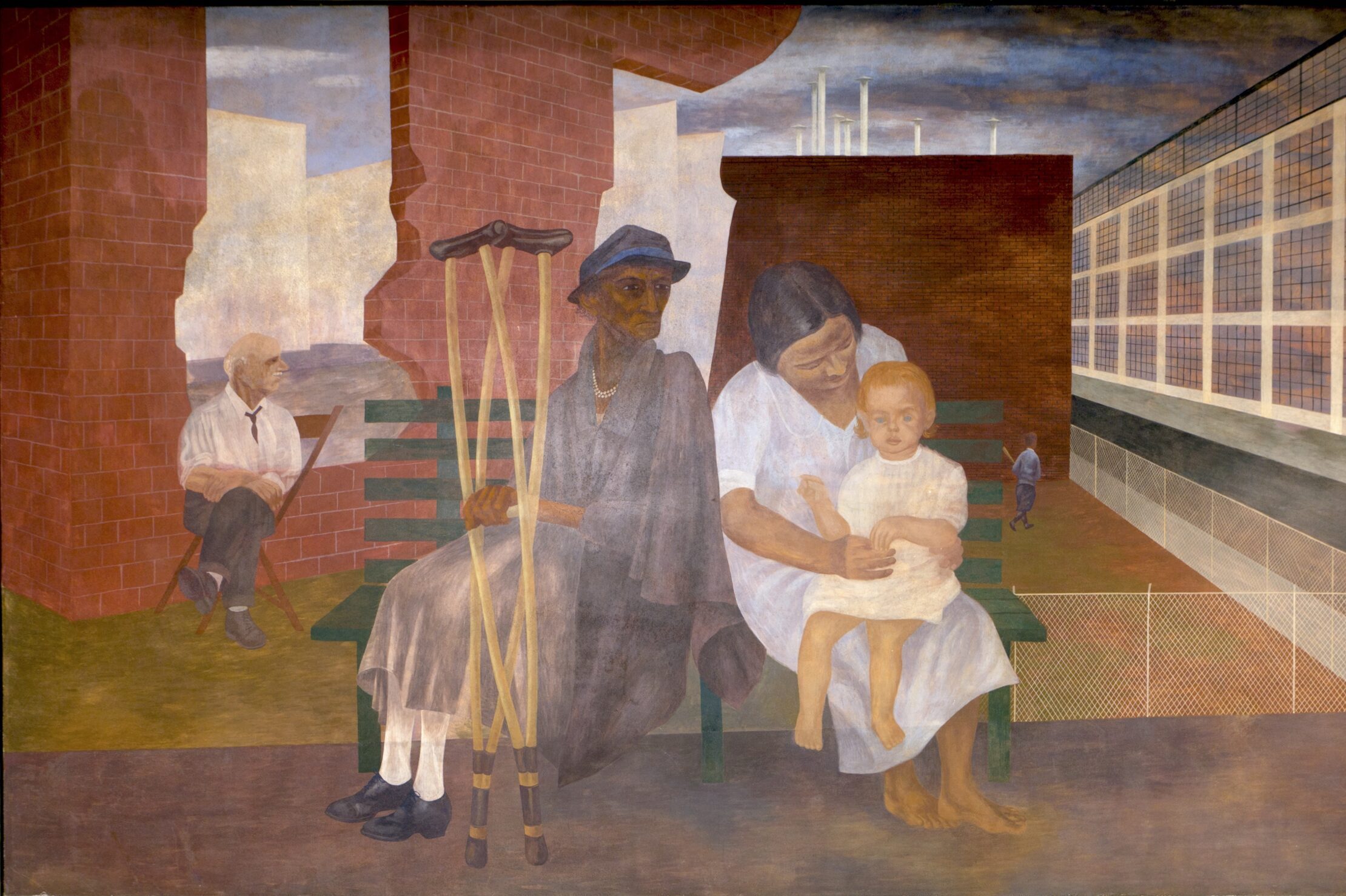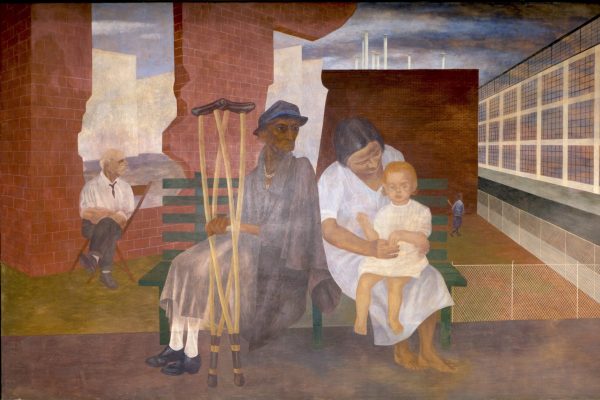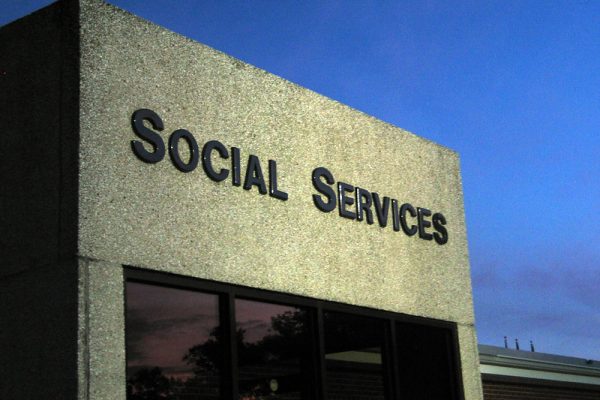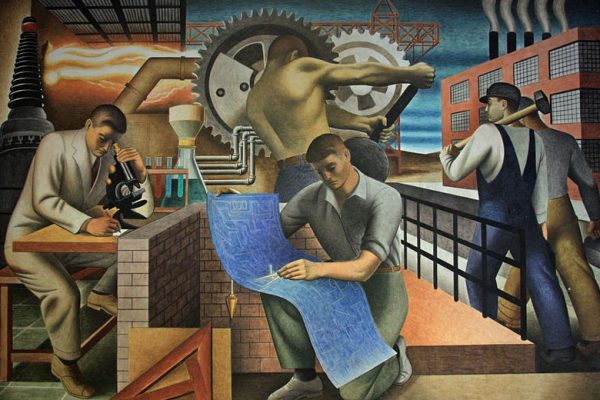Social Security and Medicare are back in the headlines after the State of the Union address earlier this month, when President Biden was able to extract a promise from Republicans not to cut benefits. To put this fight in perspective, this week’s reading list examines the past and future of the U.S. welfare state.
As historian James Chappel shows, today’s battles are hardly unique. Reviewing two recent books on Social Security, Chappel contends that the program’s politics have been “frozen” since the 1970s. Throughout this period, in the face of Republican calls for benefit cuts, Democrats have generally mounted at best a tepid technocratic defense. Though recent Democratic proposals in the House and Senate would go a long way to shoring up the program, Chappel argues, their chances of being passed look slim. “To make those plans a reality, we will need new ways of thinking about and organizing around Social Security,” he concludes.
For the elements of such a vision, we might look to history. According to philosopher Elizabeth Anderson, it was the American revolutionary Thomas Paine who “proposed the world’s first realistic plan to abolish poverty.” In his 1797 pamphlet Agrarian Justice, Paine laid out a scheme in which taxes on land and wealth would be used to fund old-age pensions and a one-time grant to all citizens upon reaching adulthood. For Paine, social insurance was not a question of charity but of right: since ownership of land deprived people of their common inheritance—the earth itself—justice demands that a portion of the rents that flow to property owners be redistributed to everyone. Far from a “slippery slope” toward tyranny—as Republicans have often said, following libertarian economist Friedrich Hayek—a social welfare program of the sort Paine envisioned is necessary to secure individual freedom.
Other essays on this week’s list look at pandemic-era changes to the child tax credit that should be made permanent, how neoliberalism embraced the family in order to undermine the welfare state, the place of “welfare capitalism” in the larger arc of U.S. economic development, why we need national health insurance to bring health care costs under control, and more.
The tone of exhausted pragmatism—even among friends of the program—is counterproductive. It is beyond time to fight fire with fire.
Direct payments to families should replace backdoor tax breaks.
How neoliberals and conservatives came together to undo the welfare state.
Rawls's radical vision for a better America.
Private insurance companies have long dominated the provision of social security in the United States, but resistance is growing.
How has neoliberalism become so closely linked with evangelical Christianity?
Dispelling myths of entrepreneurial exceptionalism, a sweeping new history of U.S. capitalism finds that economic gains have always been driven by the state.
Many reject privatization for its distributional consequences. The deeper problem is that it threatens the very foundation of political legitimacy.
Atul Gawande helped popularize the idea that health care spending is high because we use too much medicine. He was wrong: it’s the prices, and who pays them.
















